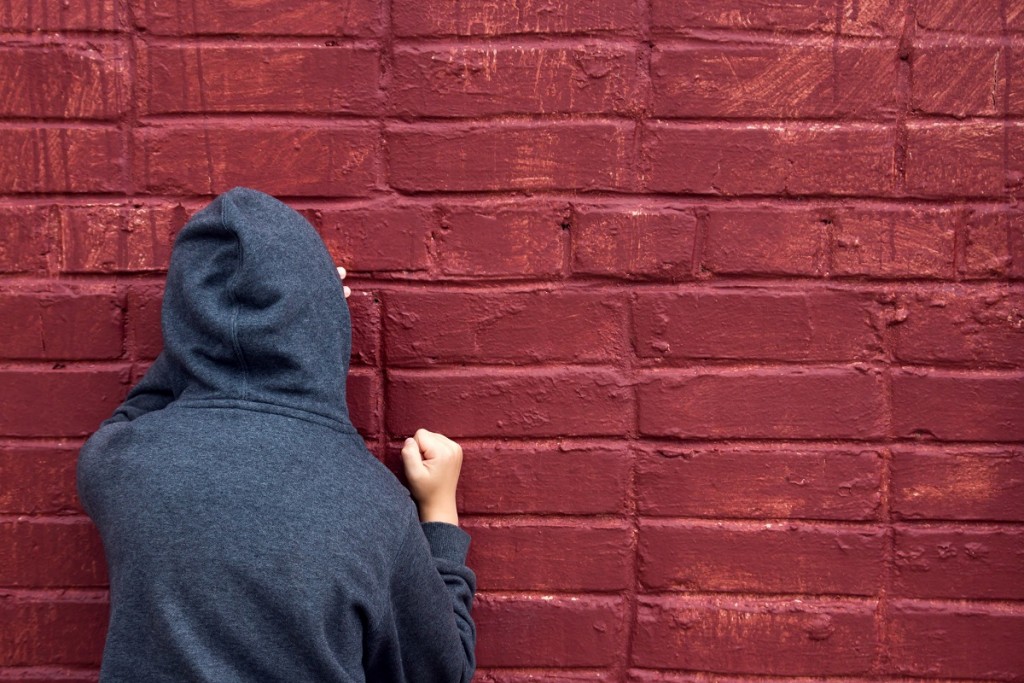According to the National Institute of Mental Health in 2014, an estimated 2.8 million teens ages 12-17 in the United States have had at least one major depressive episode. With a number like that, it’s safe to say that depression is rather pervasive. As a parent, you may be wondering how you can tell if your teen is depressed and if so, how do you then help your teen manage his or her depression? Take it step-by-step and first decide if you feel your teen may be depressed. While there may be some glaring signals, other signs of depression may be harder to detect.
1- Lack of Appetite
If your teen is eating less and often refusing dinner or leaving the dinner table with his or her food untouched, you should be wary that something is certainly going on, and it can be a sign of depression. Be cautious as this type of behavior also can coexist with an eating disorder.
2- Anger or Mood Changes
Sudden mood changes can certainly be attributed to friend drama, school stressors or simply put, hormones, but it can be more than that.
If you find your teen is angry, lashing out or is cycling between moods rather predictably and/or quickly, you may want to speak to your teen’s doctor and your teen about depression.
3- Sleeping More or Sleeping Less
If your teen is up all hours of the night and it’s not simply because she’s doing homework or he’s on the phone texting with his “girlfriend,” be wary.
On the flip side, a teen who is sleeping a lot and waking late, missing school or events is another potential sign of depression.
4- Poor Body Image
If your teen is constantly harboring on his or her weight or body image, and shows incredibly discomfort with food or one’s body, your teen may be depressed or may have an eating disorder, body dysmorphia– or all three.
5- Withdrawn From Social Life and Family
If you find your teen is skipping activities, not seeing friends, avoiding family members or simply hanging out with a set group of perhaps, troubled friends, your teen may be struggling with depression.
